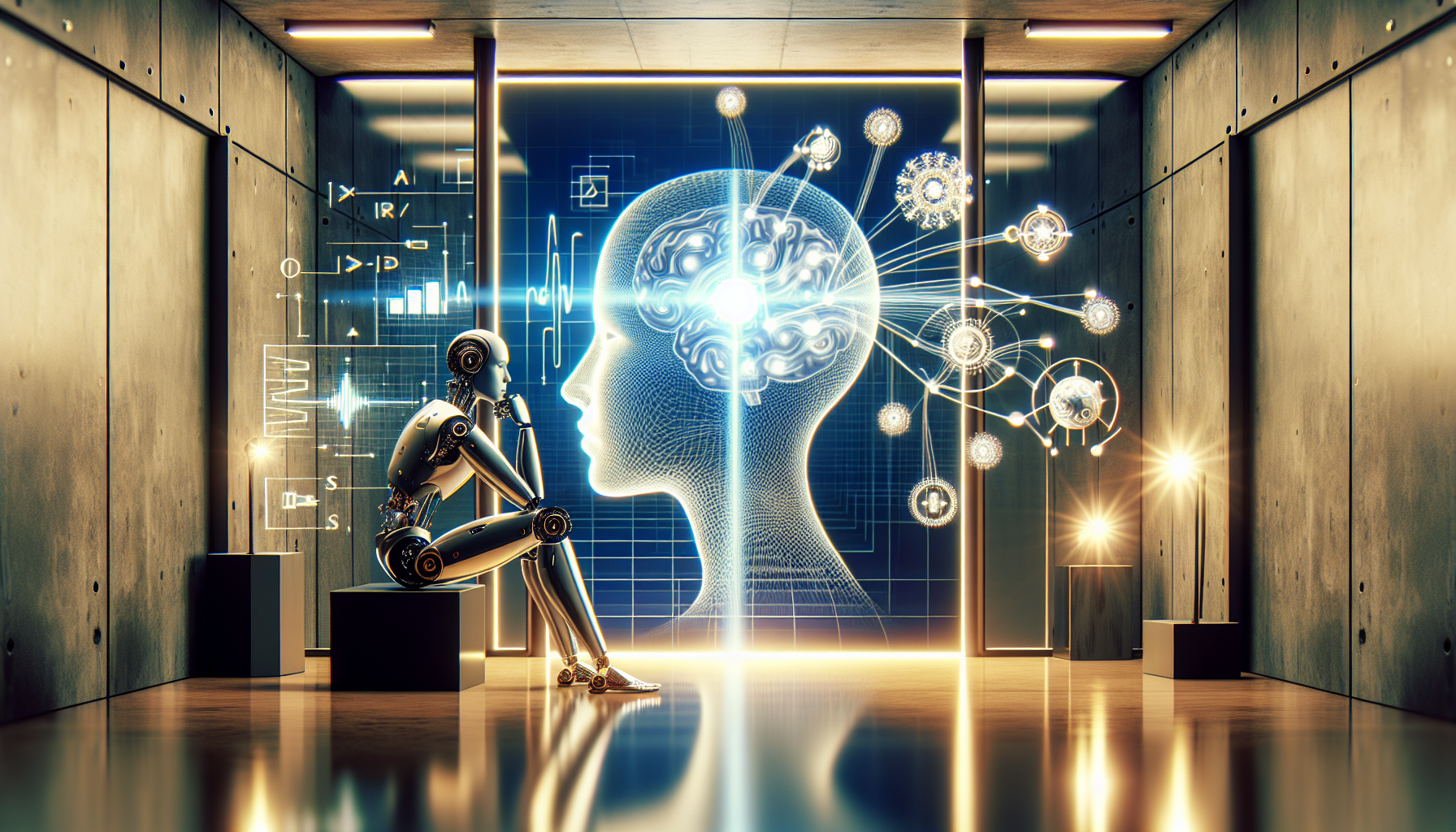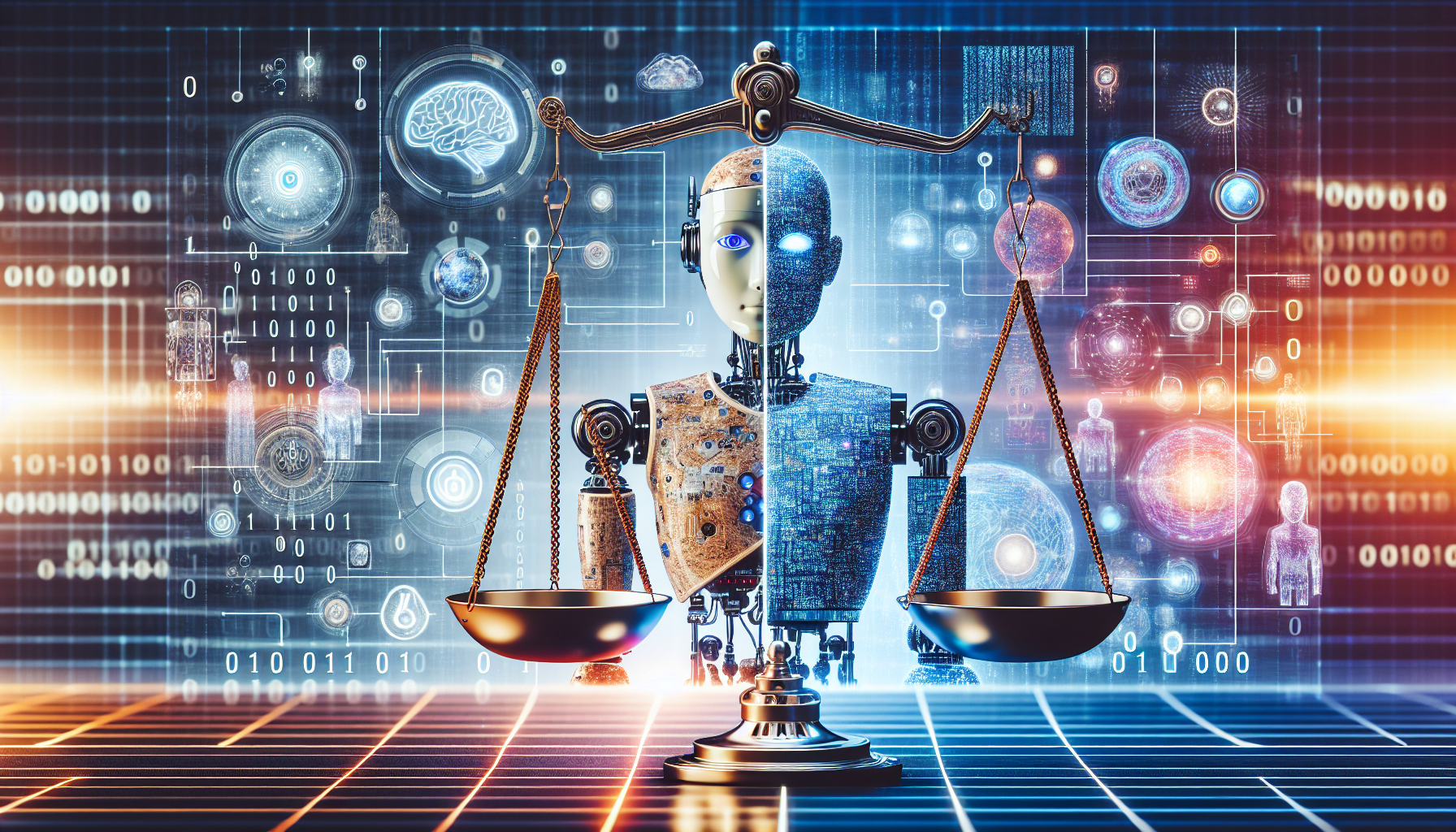
AI in Drug Discovery: How Machines Are Changing Medicine
October 24, 2025
Imagine a world where finding a new medicine isn’t a decade-long, billion-dollar endeavor. Instead, thanks to artificial intelligence, it might one day feel as simple as ordering a coffee. It sounds like science fiction, but AI is indeed reshaping the landscape of drug discovery and development. Let’s dive into a fascinating case study to see how this transformation is unfolding.
Meet Dr. Emily Chen, a lead researcher at a biotech firm, who recently spearheaded a project that exemplifies AI's potential in drug discovery. When Emily's team was tasked with developing a new treatment for a rare neurological condition, they faced a challenge that would have stymied traditional methods. The condition affected only a small population, making extensive clinical trials difficult and expensive. But where human limitations loomed large, AI saw possibilities.
Here’s how it worked: The team utilized an AI platform that could sift through vast datasets of genetic, clinical, and chemical information. In the past, researchers would manually analyze these datasets—an arduous process prone to human error. Emily's AI system, however, could parse through millions of data points in a fraction of the time, identifying potential drug candidates by recognizing patterns invisible to the human eye.
One of the unique aspects of this AI approach was its ability to simulate how different drug compounds interact with the brain’s complex network of neurons. This simulation is akin to a virtual laboratory where hypotheses can be tested without the need for physical trials. The AI model predicted how various compounds would perform, allowing Emily’s team to focus their efforts on the most promising candidates.
The real magic happened when the AI identified a compound previously overlooked by researchers due to its unconventional structure. Conventional wisdom in the field had dismissed this compound as non-viable due to its atypical molecular makeup. But the AI saw something different—a potential pathway for treating the neurological condition that no one had considered. This insight led to a breakthrough, demonstrating the profound impact AI can have by challenging assumptions and uncovering hidden opportunities.
Beyond the technical marvels, Emily shared an interesting observation: the AI system didn’t just speed up the process—it fundamentally changed how her team thought about drug discovery. The AI’s ability to analyze and learn from data at an unprecedented scale meant that researchers could test unconventional ideas and pivot quickly based on real-time feedback. This flexibility is a game-changer, fostering a culture of innovation and agility.
Despite these strides, Emily is quick to acknowledge that AI is not a panacea. It can’t replace the nuanced understanding and creative problem-solving that human researchers bring to the table. Instead, AI acts as a powerful tool that augments human capabilities, enabling scientists to explore uncharted territories with greater confidence and precision.
As we look at the broader impact of AI in drug discovery, we see a ripple effect touching various facets of healthcare. Faster drug development means quicker access to life-saving treatments for patients in need. Moreover, by reducing the costs associated with traditional drug discovery methods, AI holds the promise of making medicines more affordable and accessible worldwide.
However, with great power comes great responsibility. The integration of AI in drug discovery raises important ethical questions about data privacy, algorithmic bias, and the transparency of AI-driven decisions. Emily believes that addressing these challenges requires a collaborative effort between technologists, ethicists, and policymakers to ensure that AI advances in a way that benefits everyone.
What’s next on the horizon for AI and drug discovery? Emily imagines a future where personalized medicine becomes the norm, with AI systems tailoring treatments to individual genetic profiles. This vision, while ambitious, underscores the transformative potential of AI in creating a more precise and patient-centered approach to healthcare.
As we stand on the cusp of this new era in medicine, one can’t help but wonder: How might AI continue to revolutionize other fields that rely on complex data and deep analysis? Could AI-driven insights one day unlock solutions to the world’s most pressing challenges? The possibilities are as boundless as they are exciting, inviting us to explore the future with curiosity and optimism.


